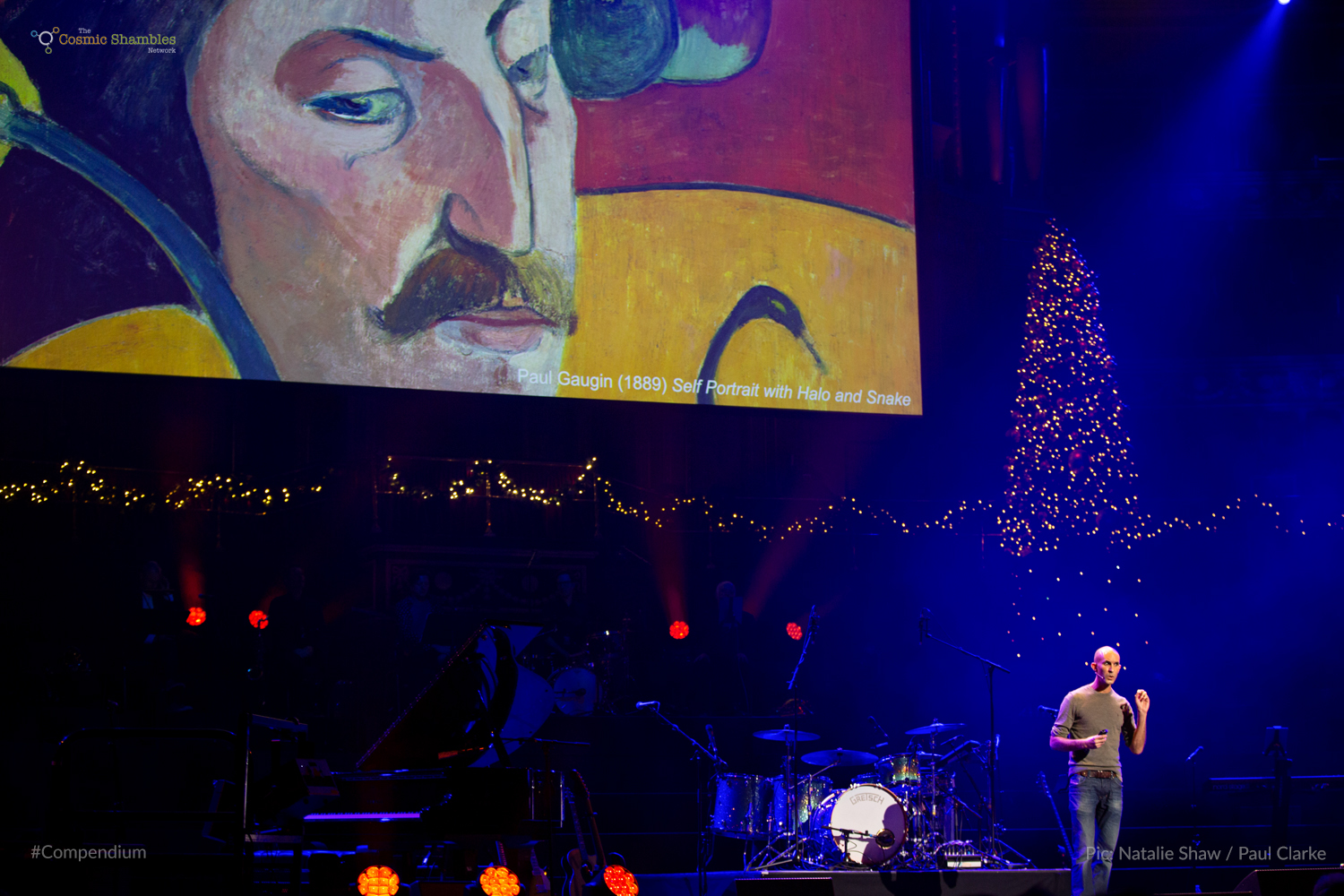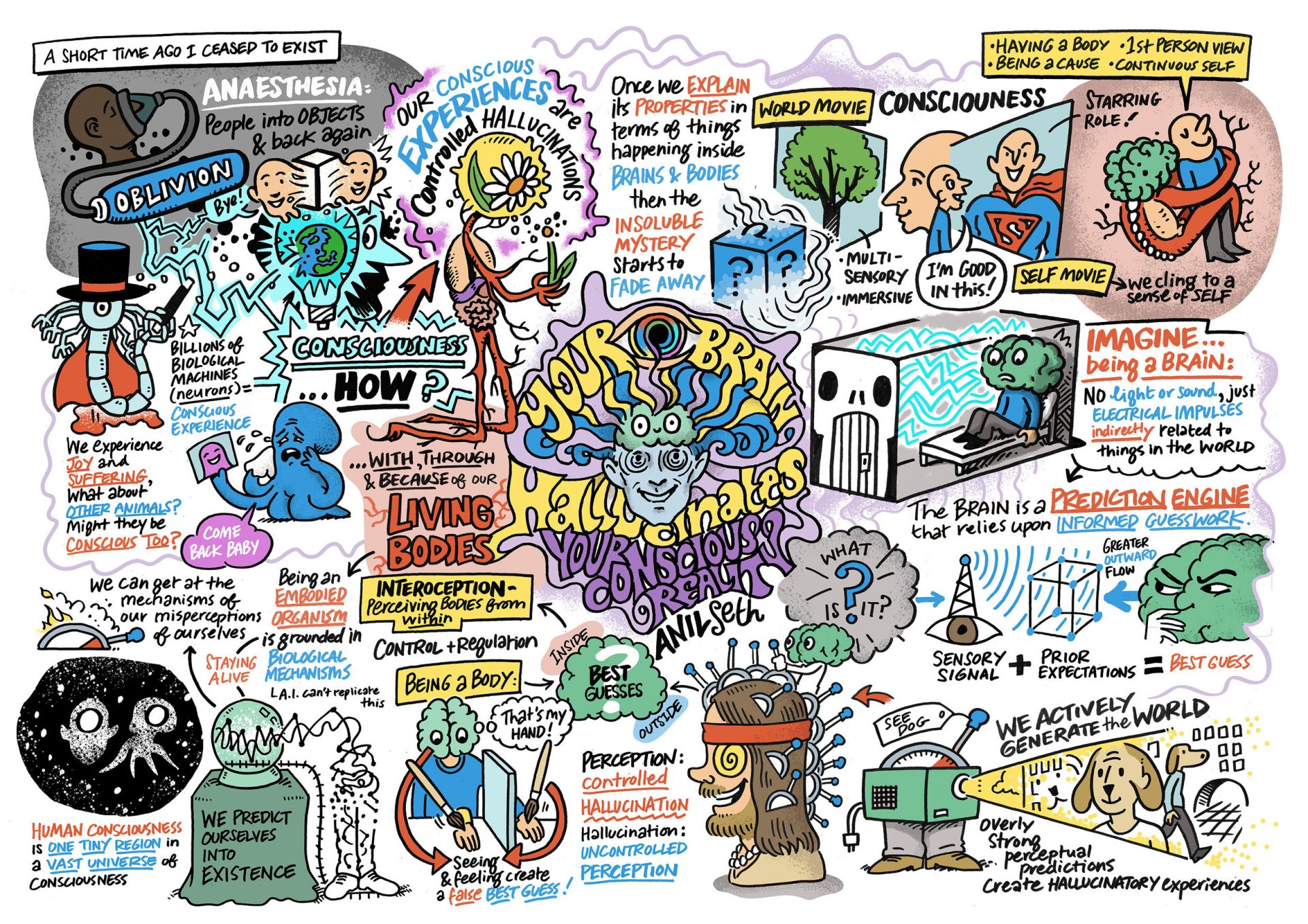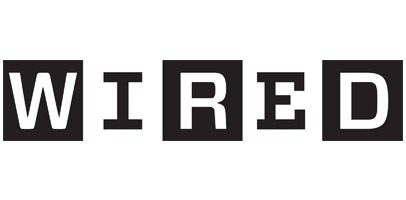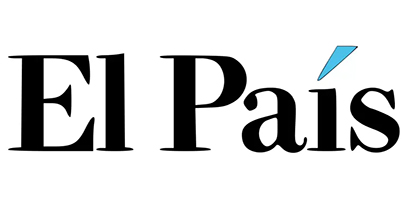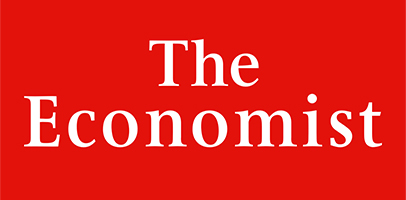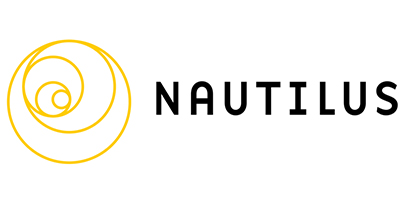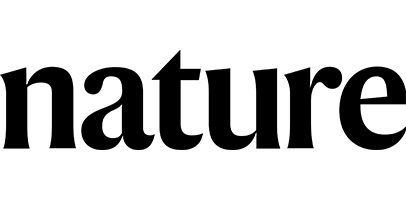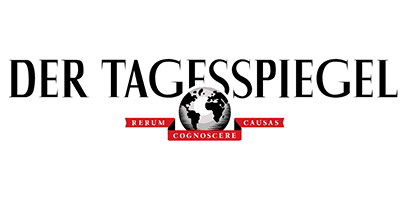About me
Anil Seth
My mission is to advance the science of consciousness, and to use its insights for the benefit of society, technology, and medicine.
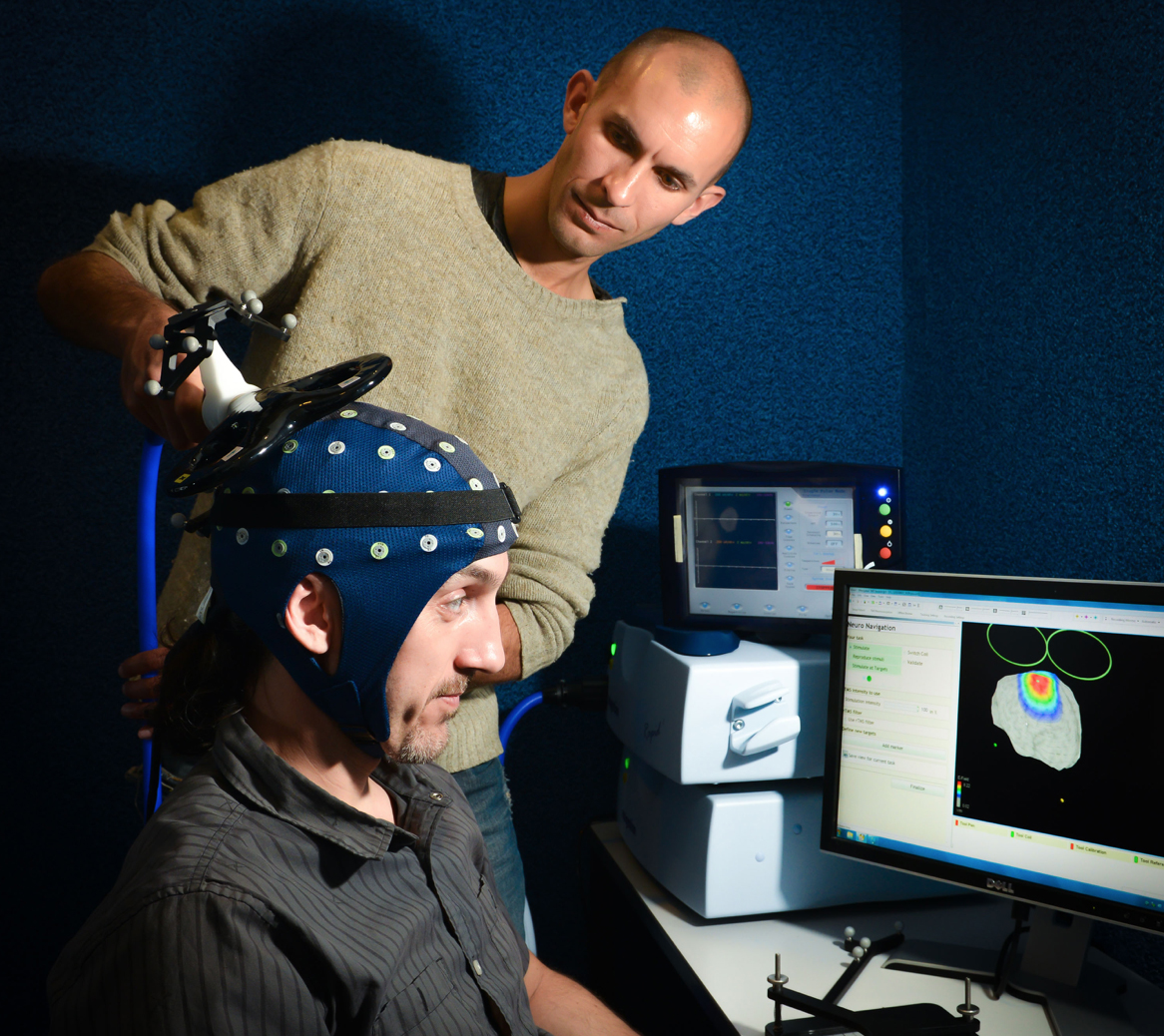
My research
I am Professor of Cognitive and Computational Neuroscience at the University of Sussex, where I am also Director of the Sussex Centre for Consciousness Science. I am also Co-Director of the Canadian Institute for Advanced Research (CIFAR) Program on Brain, Mind, and Consciousness.
I was the founding Editor-in-Chief of Neuroscience of Consciousness (Oxford University Press), a role I served from 2014-2024. I currently serve on the Editorial Board of Philosophical Transactions of the Royal Society B and on the Advisory Committee for 1907 Research and for Chile’s Congreso Futuro. I was Conference Chair for the 16th Meeting of the Association for the Scientific Study of Consciousness (ASSC16, 2012) and was an ASSC ‘member at large’ from 2014-2022. I previously co-directed the Leverhulme Doctoral Scholarship Programme: From Sensation and Perception to Awareness, and I was an Engagement Fellow with the Wellcome Trust (2016-2020).
My research has been supported by the EPSRC (Leadership Fellowship), the European Research Council (ERC, Advanced Investigator Grant), the Wellcome Trust, and the Canadian Institute for Advanced Research (CIFAR). Check out these profiles of me and my research in The Observer, The New Statesman, and Quanta.
Outreach and engagement
My 2021 book Being You: A New Science of Consciousness was a Sunday Times Top 10 Bestseller, a New Statesman Book of the Year, an Economist Book of the Year, a Bloomberg Business Book of the Year, a Guardian Book of the Week , an El Pais Book of the Week, and a Guardian and Financial Times Science Book of the Year. My 2017 main-stage TED talk has more than 15 million views and is one of TED’s most popular science talks. My 2018 conversation with Sam Harris appeared in his recent book of 11 favourite interviews. I edited and co-authored the best-selling 30 Second Brain (Ivy Press, 2014), and I also write the blog NeuroBanter.
For more background, there’s my interview on BBC’s The Life Scientific, with Jim Al-Khalili (2015), and my Aeon essay on consciousness – The Real Problem (a 2016 editor’s pick; see also this video). Other features include the Vice/Motherboard documentary film The Most Unknown, the TED Interview with Chris Anderson, and Feel Better, Live More with Rangan Chatterjee.
Recognition
I am a Clarivate Highly Cited Researcher (2019-2024), which recognizes the top 0.1% of scientists and social scientists in the world, by impact of their publications. In 2023, I was awarded the Royal Society’s Michael Faraday Prize, which is ‘awarded annually to the scientist or engineer whose expertise in communicating scientific ideas in lay terms is exemplary’, and Prospect Magazine listed me as one of their Top 25 Thinkers for 2024. The book Eye Benders (with Clive Gifford) won the 2014 Royal Society Young People’s Book Prize, and the radio play The Sky is Wider won the BBC Radio Drama Awards Best Single Drama (with Linda Marshall-Griffith and Nadia Molinari, 2016). I was awarded the 2019 KidSpirit Perspective prize by a jury of teenage writers, and the 2023 Segerfalk Prize from the University of Lund.
Sign up to my mailing list to keep informed of new projects. If you are interested in having me speak at your event, please contact me.

